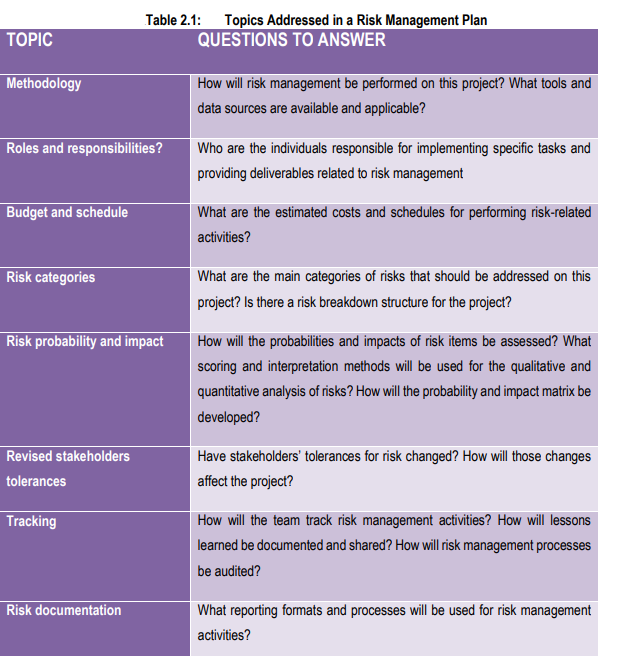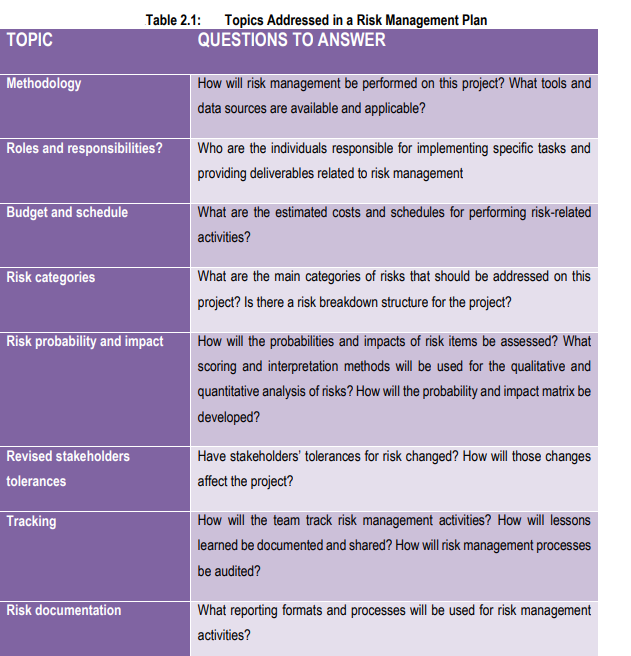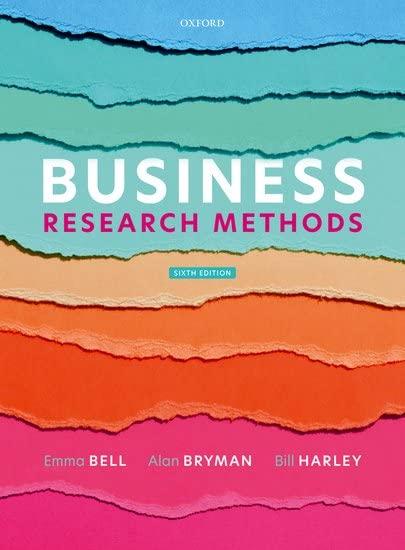Question
Case study: VW Mexico Revs up for Jetta Component Production To prepare for the production of its new Jetta, Volkswagen turned to a combination of

Case study: VW Mexico Revs up for Jetta Component Production To prepare for the production of its new Jetta, Volkswagen turned to a combination of international plants and external suppliers to produce portions of the car's new motor and axle assemblies. Volkswagen Mexico Components (VW Mexico) won a competitive bid to produce several motor and axle parts and assemblies, including the front axles and corner-module assemblies. The team at the VW Mexico plant had 21 months and a budget of US$3.3 million to design and install the assembly line and begin mass production of parts.
Background
VW Mexico won the competitive bid for the component assembly project by proposing a fixed cost for part production. This meant there would be no room for budget overruns. Any work that exceeded the budget would be incurred as a loss. The front axle and corner-module assembly production was overseen by a Project Management Professional (PMP) and the project was one of the first to be managed by the VW Mexico project office, which provided oversight for the entire portfolio of programs and projects related to the production of Jetta components. The project manager and team would have to help develop and introduce internal processes that future teams would follow. In addition, a new supplier was selected for the project while the equipment procurement process was underway. This late addition resulted in a two month delay in the acquisition of the assembly lines.
Challenges
The VW Mexico team used standard management processes, as described in A Guide to the Project Management Body of Knowledge (PMBOK Guide), to complete the assembly line project on-time and under budget. To oversee the complex project, VW Mexico established a project management office (PMO), which was responsible for monitoring and controlling the overall budget and schedules for the Jetta-related projects. Once VW Mexico was awarded the assembly project, the PMO coordinated with the finance department to obtain the resources necessary for the project. A project manager was selected and the manufacturing department manager was named project sponsor. The project manager, supported by a member of the planning department, integrated the plans submitted by various project participants and developed a work breakdown structure (WBS) and detailed the timeline for the overall project. The WBS served as a roadmap for each phase of the project. While the manufacturing and quality departments were involved throughout the project, other departments could be consulted as necessary. The project manager was responsible for overseeing the WBS and involving other departments at appropriate times.
Solutions
From initiation to closing, the project was divided into five phases with nine milestones over two years. The timeline included all work from procurement and fabrication of equipment through assembly line testing and optimization. The final phase ended with the start of axle production and corner-module assembly. In addition, a corresponding quality plan was developed using the standards of the components plant, which was integrated into the timeline. The project manager held regular meetings with the core team to keep all departments informed of progress. The assembly line supplier visited the VW Mexico plant on several occasions to review progress and provide assistance in addressing any issues. Additional departments were involved when needed, and a project status report?detailing performance index to indicate progress relative to the overall timeline and budget? was distributed monthly to all departments. Because of the strict budget adherence requirements for the project, financial resources were blocked to avoid overruns. In each meeting, participants had the opportunity to request specific changes to the WBS. Discussions were documented for quality purposes and changes were approved by both the project manager and project sponsor. To ensure the project would be completed on time, the project manager found creative ways to resolve timing issues created earlier in the process. To offset a two-month delay in receiving assembly line equipment, the manufacturing group conducted training while the maintenance group assisted the subcontractor with installation of the assembly line equipment. By performing these two events simultaneously, the project manager prevented future delays that might cause the project to exceed the timeline. Throughout the project, the PMO maintained oversight for the overall budget. Other project elements were monitored by individual members of the project team. For example, a planning team member monitored activities related to the WBS and quality plan while a quality team member was responsible for ensuring that the parts being produced met company quality specifications. At the completion of each project phase, the project team analyzed the overall project status and conducted risk assessments for the remaining phases. Any resulting changes to the WBS were approved by the project manager and project sponsor. The end of the project was marked by the transition to full production mode. The official project closing took place 12 weeks after initial component production commenced.
Results
The VW Mexico team achieved and in many cases exceeded the objectives for the assembly set-up project. Specifically: - The entire project was completed within the specified budget - The team met all delivery deadlines for each phase of testing - Front axles and corner-modules produced on the plant's assembly lines continued to meet Volkswagen's quality guidelines The Jetta component assembly line project team also developed a number of tools and practices to serve as standards for future projects at the plant. Key learnings from the project will enable future project teams to optimize communication between different areas of the VW Mexico plant and ensure the success of future projects. Extracted from: https://www.pmi.org/-/media/pmi/documents/public/pdf/case-study/vw-mexico.pdf
Question
Refer to the general topics that any risk management plan should address. The needs of the project will determine the level of detail to be included in the risk management plan. Discuss the topics addressed in a risk management plan and relate these topics to the case study project.
please note this question is complete
refer to the general topics

Step by Step Solution
There are 3 Steps involved in it
Step: 1

Get Instant Access to Expert-Tailored Solutions
See step-by-step solutions with expert insights and AI powered tools for academic success
Step: 2

Step: 3

Ace Your Homework with AI
Get the answers you need in no time with our AI-driven, step-by-step assistance
Get Started


